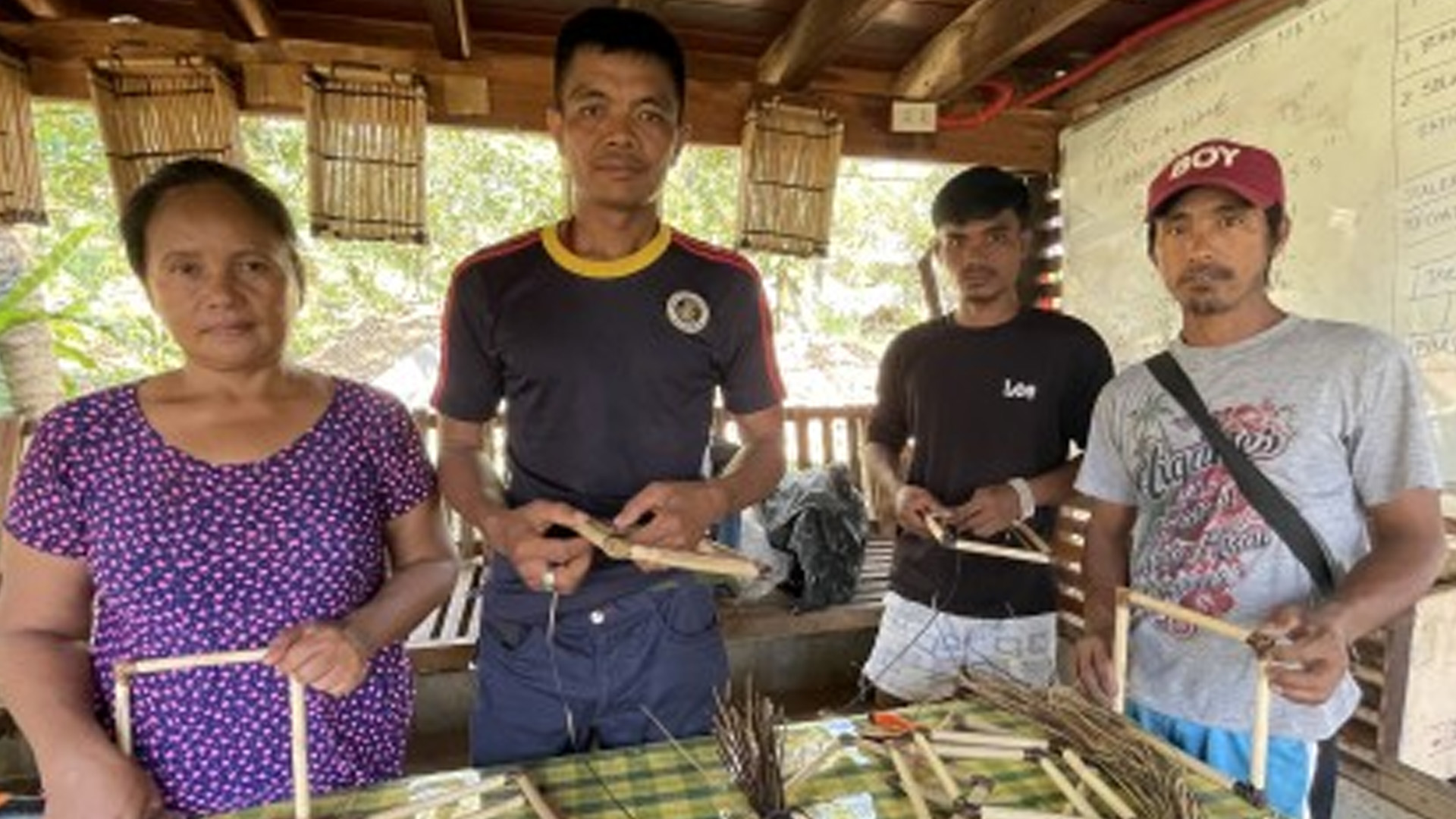Having spent five years in jail, 38-year-old Jeffrey Rivera has found out that there is life after prison –thanks to various government support programs and private partners that opened doors of opportunities for him.
“I was incarcerated for five years, eight months, and 14 days. I thought there would be no opportunities waiting for me on the other side because of my record, but I am so thankful for the overwhelming support of the government,” Rivera told the Philippine News Agency in a recent interview.
One of these initiatives is the “Revitalizing and Unlocking the Potential Economic Opportunity (RUnO) Project,” which recently received almost PHP5 million in funding support from the Department of Science and Technology and the Philippine Council for Industry, Energy and Emerging Technology Research and Development.
Through the RUnO project, Rivera is now one of the major active partners of the Agguimangan Agro-Eco Tourism Farm in Barangay Swan, Pudtol, Apayao in handcrafting multi-purpose souvenir items, trays, baskets, and frames made of “runo,” a wild grass that grows abundantly in the highlands of Apayao.
Through science and technology-based interventions, Rivera and other fellow former inmates who are now under the Department of Justice parole and probation program were trained to create improved finished “runo” products.
“Runo is just being burned by farmers because they consider it as a pest, but with its potential for handicrafts making, this wild grass is now making our local people become more creative and help preserve the mountains where they get raw materials,” Marivic Aguirre, project proponent of the “runo” handicrafts business pitch, said.
For her pitch, Aguirre won in a national search for innovative women entrepreneurs and secured funding for product upgrading. She owns the Agguimangan Agro-Eco Tourism Farm, which serves as the marketing arm of the local handicraft makers.
As a farm entrepreneur and local products exhibitor in Apayao, Aguirre said she saw the potential of runo handicrafts when she met a client, an exporter from Pampanga who had been willing to fund the production of quality artisanal products.
This paved the way for the establishment of a production area at the Agguimangan farm in 2014. Through the Technical Education Skills and Development Authority, trainors from Abra were sent to Apayao to train interested individuals on runo handicrafts making.
Rivera, then an inmate at the Bureau of Jail Management and Penology in Luna District, came across with the free skills training program along with fellow inmates, who later also became partners of Agguimangan’s RUnO project.
Aguirre’s Agguimangan buys the finished products from them and supplies it to One Town-One Product (OTOP) hubs in Apayao, Tuguegarao City in Cagayan, and other private micro, small and medium enterprises.
Aguirre said the product is also in demand in Japan and the United States.
Prices of finished products range from PHP50 to PHP750 per piece, depending on the type of handicraft.
“We do not have so much market in Apayao but we are just so glad that they are the ones patronizing our local products,” Aguirre told the Philippine News Agency in a recent interview.
With the continuous upgrading of “runo”-based products by the DOST, Rivera now finds himself among those hopefuls that, like unwanted wild grass, can still be useful if just given a chance. (PNA)









